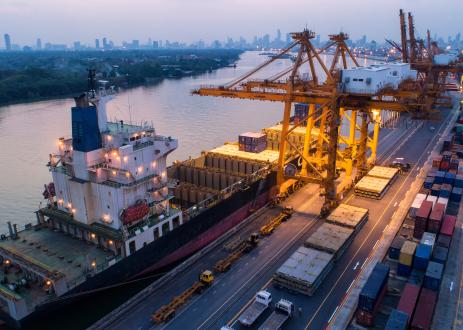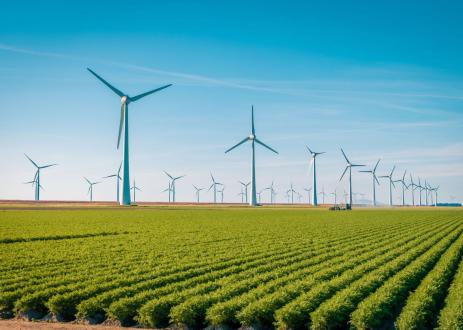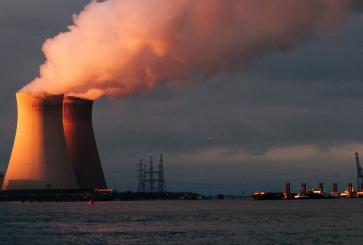
Energy
Works closely with domestic and international stakeholders, aiming to accelerate the replacement of fossil energy with clean energy on the supply side, raise green energy awareness in key sectors, enterprises, and industrial parks on the demand side, encourage more international dialogue and cooperation, and bolster the resilience of the global renewable energy value chain with higher efficiency.
About us
The global energy transition is making progress in a complex environment, marked by higher energy efficiency and more installed capacity of renewables. However, challenges remain on the path to reaching the goals of the Paris Agreement. As a major energy producer and consumer, China plays a pivotal role in accelerating this transition. With steady progress towards the "Dual Carbon" goal, China has been revising its medium- and long-term energy transition strategy, shifting from dual-control of total energy consumption and intensity to dual-control of total carbon emissions and carbon intensity.
WRI China has worked closely with domestic and international think tanks, industry associations, enterprises, and other key stakeholders, with an aim to accelerate the replacement of fossil energy with clean energy on the supply side, raise green energy awareness in key sectors, enterprises, and industrial parks on the demand side, while exploring cost-effective paths for green energy consumption. Furthermore, we endeavor to encourage more international dialogue and cooperation, support the application of renewables in regions such as Africa and Southeast Asia, and bolster the resilience of the global renewable energy value chain with higher efficiency.
图源:unsplash

Sustainable Business
Through research, tools, capacity building, international platforms, and stakeholder networks, we approach business sustainability from environmental and social dimensions, helping companies set and achieve ambitious climate goals.
Part of Climate
Energy Transition
By enhancing market mechanisms, we support the adoption of low-carbon technologies—such as renewable and energy storage—across industrial parks, communities, and rural areas, increasing the share of zero-carbon in final energy consumption.
Part of Energy
Resilient Clean Energy Supply Chain
Advance the low-carbon and circular development of the clean energy supply chain both in China and internationally. Our aim is to build a “resilient clean energy supply chain” to support the global energy transition, ensure the sustainability of critical mineral supply chains, and accelerate the adoption and application of new energy technologies.
Part of Energy
International Cooperation and Communication
By participating in, supporting, or organizing sideline meetings, we aim to facilitate knowledge sharing and experience exchange among nations and regions.
Part of Energy
Insights

FOCAC | How China and Africa Can Better Collaborate to Close Sub-Saharan Africa’s Energy Access Gap
Insights September 5, 2024
FASHION BRANDS SCOPE 3 DECARBONIZATION: BASED ON LIMITED SAMPLES OF THE CHINESE EXPERIENCE
Working Paper May 22, 2024
With Power Generation Vulnerable to Climate Impacts, Investors Must Understand Physical Risks
Insights December 10, 2021
Research

FASHION BRANDS SCOPE 3 DECARBONIZATION: BASED ON LIMITED SAMPLES OF THE CHINESE EXPERIENCE
Working Paper May 22, 2024
Potential and Vision of Distributed Renewable Energy in the Yangtze River Delta Region
Issue Brief March 1, 2021
















